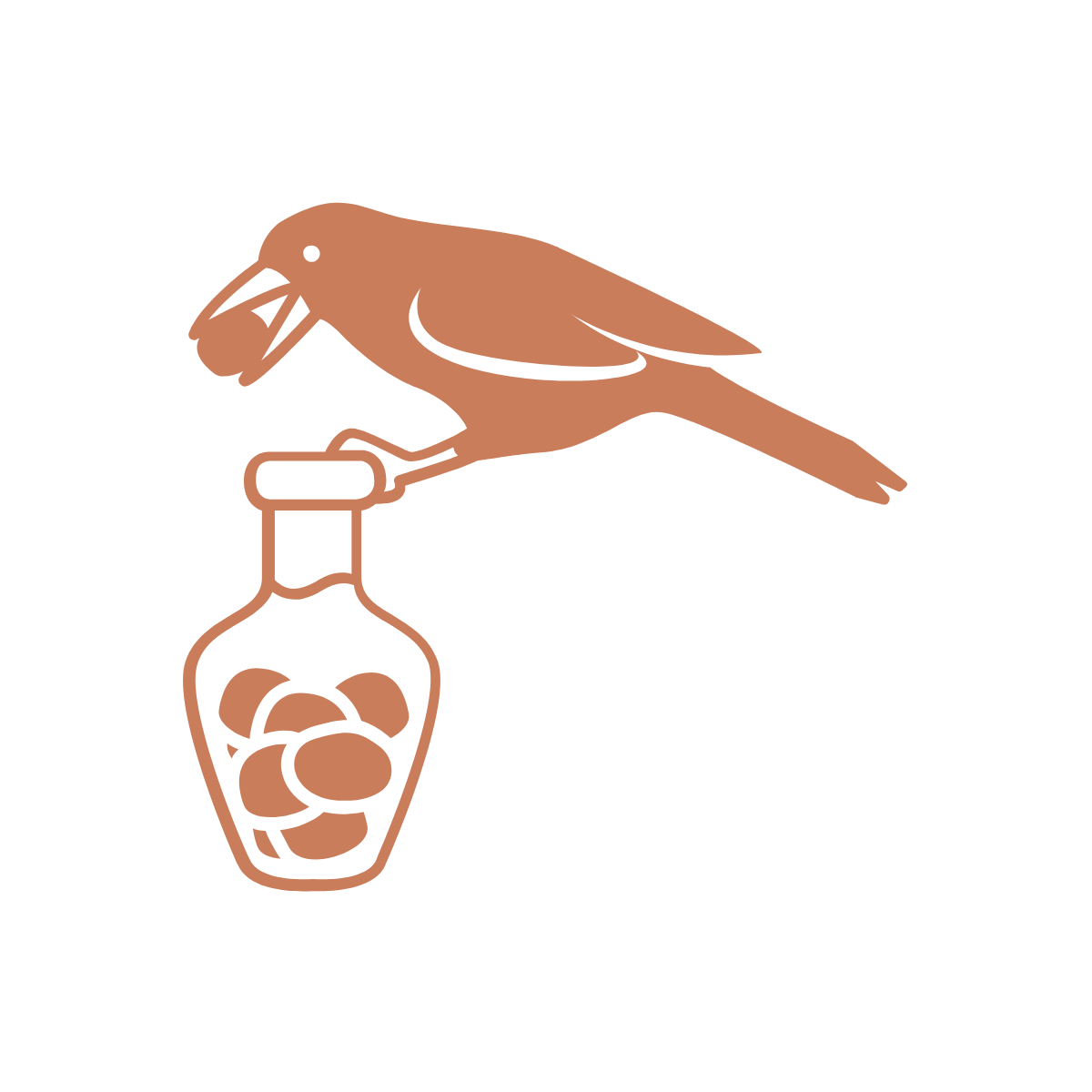I just put the finishing touches on a working draft of an article on my use of geocaching in a public rhetoric course I am just about done teaching. This article explores a collaborative, location-based composition project designed for student writers to rhetorically engage a responsive public through digital, placed-based (or locative) media. I have turned the comments on for this post, so that I might solicit feedback on the article's introduction, which defines the argument's contours.
Map, within the Geocaching mobile application, showing all ten caches placed by the class.
Writing moves (in) the world. As writing moves it engages, bumping into others and generating effects. In bouncing around, writing shapes space and becomes a part of the environment. In this way, the writing classroom becomes a public, or what Rosa Eberly calls a protopublic, wherein writing moves through space composing connections among people, places, and things. Such a classroom pushes students into locales beyond itself where student writing engages and moves people and also invites feedback and evaluation. Writing composes connections: its agonism produces publics.
In this article, I describe and reflect upon a collaborative composition project I designed to explore how rhetoric and writing (collective action, urban design, public policy) shape publics and how public places themselves (civic spaces, parks, and mundane features such as traffic lights and trashcans) work to shape rhetorical activity. I was eager to have the students work together on larger project exploring public rhetoric. In addition to the desire to make such a project collaborative, I wanted the project to physically move students outside of the classroom and into the public places around them: to explore those places as both a function of rhetorical activity and to see how those places generate rhetorical activity. How do public places afford, constrain or otherwise shape the ways in which people relate to and communicate with one another? How do public places, which are more than inert containers, evolve in responses to such rhetorical interactions? Likewise, how do different media, digital and analogue, factor into rhetorical activity? To investigate all of these questions, the collaborative project (alongside the semester individual assignment focused on serialized production) was built around geocaching. As “an outdoor recreational activity,” geocaching participants use Global Positioning System (GPS) devices (e.g., handheld receivers and GPS enabled smart phones) to “hide and seek containers, called ‘geocaches’ or ‘caches’” (Wikipedia).
For example, I might hide a small geocache in the form of a plastic 35mm film canister camouflaged within a shrub. Using a handheld GPS device I gather the geographical coordinates for the cache. I compose a brief description, provide a clue and then upload the geocache information to the official geocaching website for it to be published. Once approved and published by a volunteer within the geocaching the community, the geocache becomes visible to other participants. Inside the cache would be a log that successful geocachers would date and sign. Using the official geocaching mobile application on their GPS enabled smart phone or handheld GPS device, they then log their finding letting me know what they think about the cache or its locations—in this case, adjacent to a mural celebrating the musical legacy of my hometown. They might also share a spoiler free picture.
Geocaching relies on what is often referred to as locative media: portable media designed both to function while moving and to work within the confines of physical locations. As Eric Gordon and Adriana de Souza e Silva write, such media “are connecting us to the physical world and providing a framework for geographically located social interactions” (61). Their articulation of locative media induces something like geocaching (an activity, we shall see, that is still largely discursive) to resonate with the goals of public rhetoric and writing pedagogy. Writing is itself a locative medium as it moves through and works within places. Making the connection between writing and locative media even stronger, they write, “Mobile phones have become writing utensils for net localities” (Gordan & de Souza e Silva 53).
Collaborative geocaching exposed my students to the mundane yet nevertheless vital features of the city and the ways in which such features shape their own experiences. For instance, in my own recent experiments with geocaching I located a cache in a secluded park in a neighborhood made very inaccessible by virtue of one-way and blocked-off streets. The neighborhood, located just south of a major east-west artery, struck me as akin to a fortress. The orientation of the neighborhood, its rhetoric, was rendered visible through the activity of geocaching. As a public rhetoric and writing class, it was crucial that students moved beyond the walls of the classroom and out into the world around it. Furthermore, the collaborative nature of the project would compel students to have this experience with others: an individual rarely moves through a public place alone, but rather always with others. This recognition of the social experiences of place was vital to a course devoted to public rhetorics. I saw my students developing the same situational awareness of public space while cultivating the rhetorical skills to navigate and negotiate that space with others. I expected to see mundane features such as road accessibility unpacked and articulated by my students. I would ask my students to reflect on how the activity of geocaching as a class informed their individual projects. For instance, how did working with others influence their thinking about audience? Likewise, how did the experience of geocaching in St Louis shape their arguments about the value of the things they were writing about?
Thoughts?


